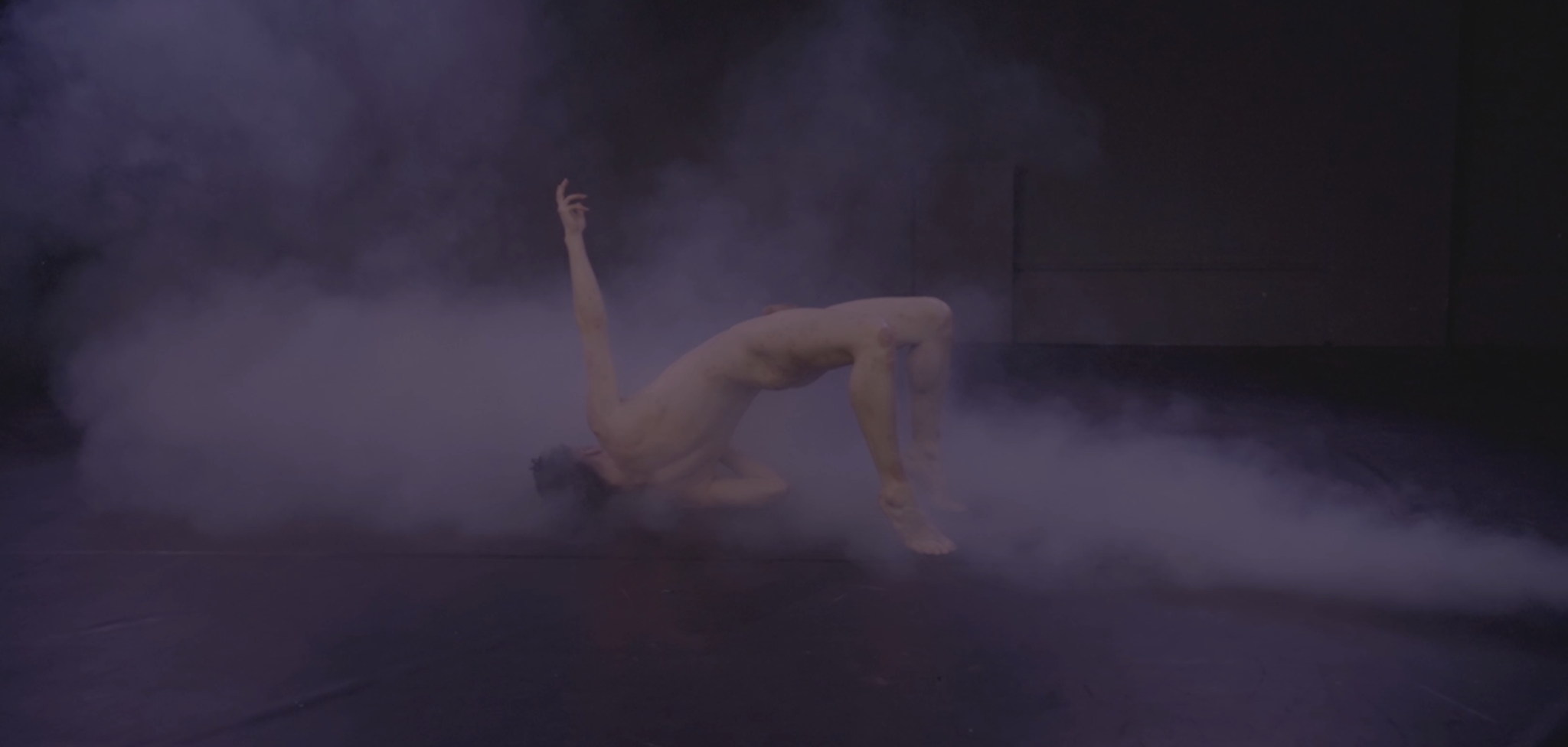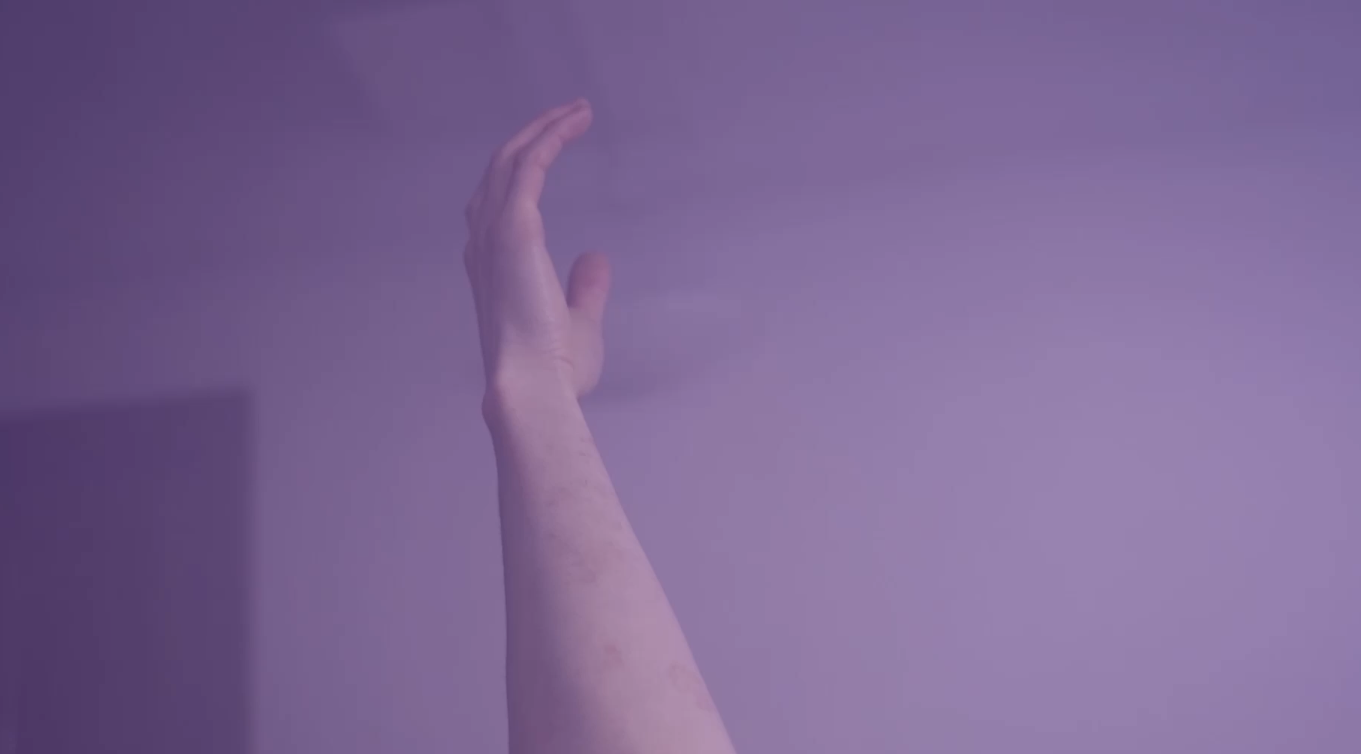On 12 April 2021, Hardaker held a live online conversation with Matt Kennedy about violence, transgender identity, access (to sports) and haptic encounters.
Ro Hardaker (she/they) works at the blur between discursive, visual and embodied practices. Their practice is emergent, necessarily interdisciplinary and undisciplined. By deconstructing and exhausting modes of performance, Hardaker redeploys both competitive and collaborative strategies to negotiate new processual terms, bodies and sites as they are being realised.
Through movement and dialogue they stage encounters and unearth fleshy vocabularies, addressing the manners in which specific technological, social and material conditions shape, restrict and organise access. In the absence of their live work they provide texts, conversations, videos and objects which layer or complicate other ways of viewing their work.
Hardaker has an MA in Contemporary Art Practice and has presented working nationally and internationally at SPILL Festival of Performance 2014 and 2015 (UK), The Leeds Playhouse (UK), Tate Modern (UK), Queer City Cinema and Performatorium (CA), Uppsala Konst Museum (SE), PAGE: Assembly (FR), Yonder Gallery (UK) and ] Performance s p a c e [ (UK). They are currently based in Leeds, UK.
Matt Kennedy (he/him) is a doctoral candidate in the area of trans studies, a poet and a boxer. He is the recipient of the Irish research council employment-based PhD scholarship. In the last 5 years, he has received his undergraduate degree in History and English from University College Cork and his Gender Studies master’s degree from University College Dublin.
He is currently employed in BeLonG To, Ireland’s National LGBTI+ youth service as the organisation’s policy and research officer as well as completing his PhD on transnormativity and young trans men’s everyday lifeworlds in the School of Social Work, Social Policy and Social Justice, University College Dublin.
His research areas and interests include trans studies, queer studies, autoethnography, popular culture, feminist theory, gender studies, archival studies, sport and masculinities. His writing can be found in the Irish University Review, Fruit Journal and a handful of zines.

